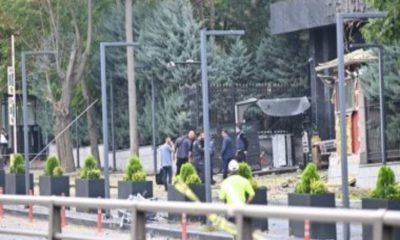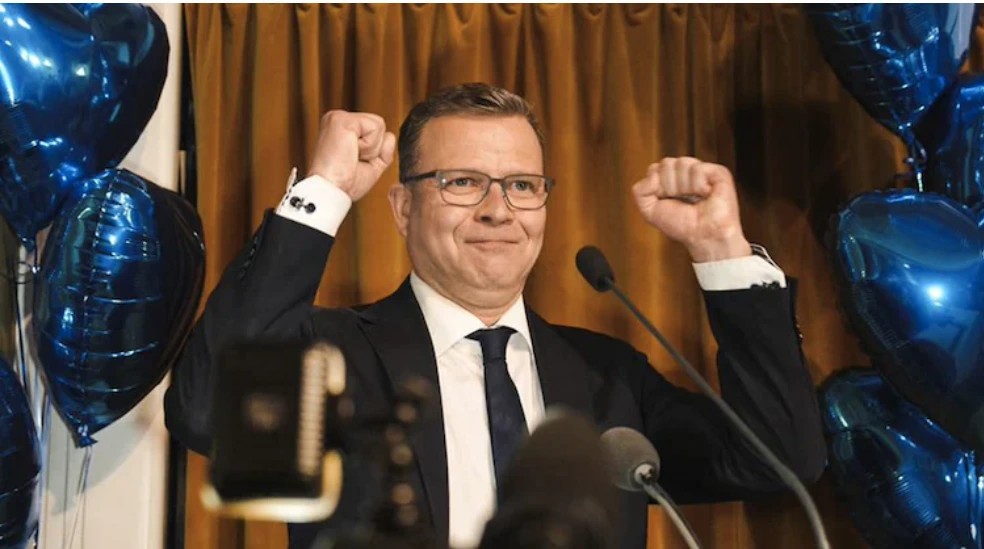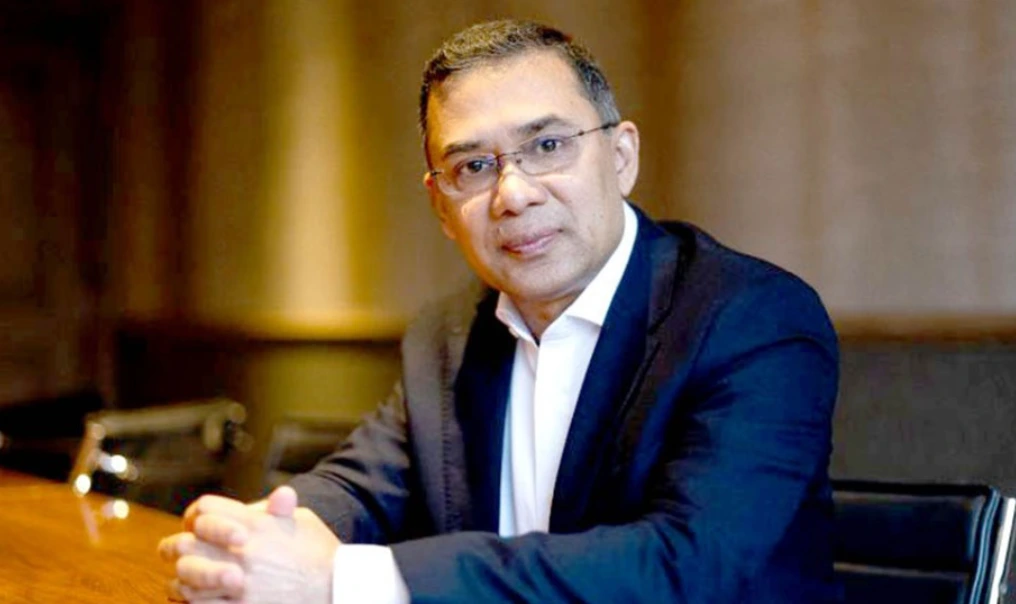Latest world news
Turkey: Erdogan Sworn In As Powerful Executive President

Latest world news
Bangladesh’s BNP seeks stronger India ties based on mutual respect
Bangladesh’s new BNP-led government has signalled a diplomatic reset with India, emphasising mutual respect, trade and broader people-to-people engagement.
Latest world news
Finland PM Petteri Orpo to attend India AI Impact Summit, meet PM Modi
Finland Prime Minister Petteri Orpo will visit India from February 17 to 20 to attend the AI Impact Summit and hold bilateral talks with PM Narendra Modi.
Latest Politics News
Tarique Rahman-led BNP set for landslide win in Bangladesh elections
BNP led by Tarique Rahman has crossed the majority mark in Bangladesh’s national elections, with projections suggesting a two-thirds majority. Jamaat has conceded defeat.
-

 India News9 hours ago
India News9 hours agoRahul Gandhi meets farmers over India-US trade deal, BJP calls it stage-managed
-

 Lifestyle9 hours ago
Lifestyle9 hours agoValentine’s Day 2026: Wishes, messages and quotes to share with your loved one
-

 Latest world news9 hours ago
Latest world news9 hours agoFinland PM Petteri Orpo to attend India AI Impact Summit, meet PM Modi
-

 Trending57 mins ago
Trending57 mins agoIndia vs Pakistan T20 World Cup 2026: Suryakumar Yadav hints at Kuldeep, Abhishek inclusion, stays guarded on handshake row
-
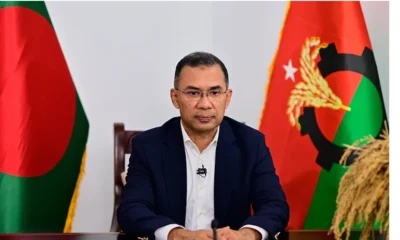
 Latest world news46 mins ago
Latest world news46 mins agoBangladesh’s BNP seeks stronger India ties based on mutual respect
-
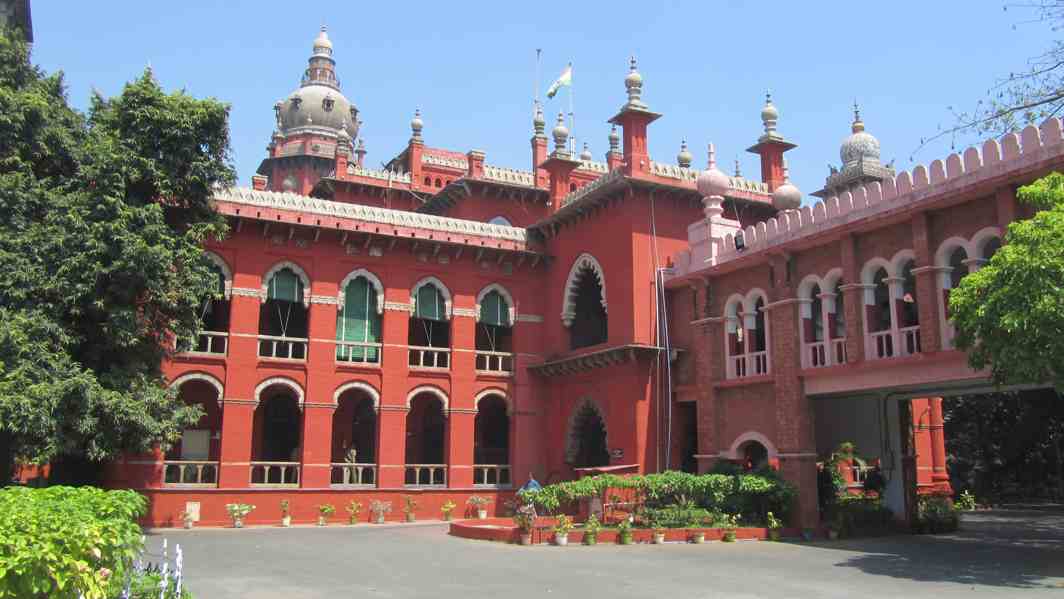
 India News34 mins ago
India News34 mins agoMadras High Court orders vigilance probe into alleged bribe in gold fraud case


